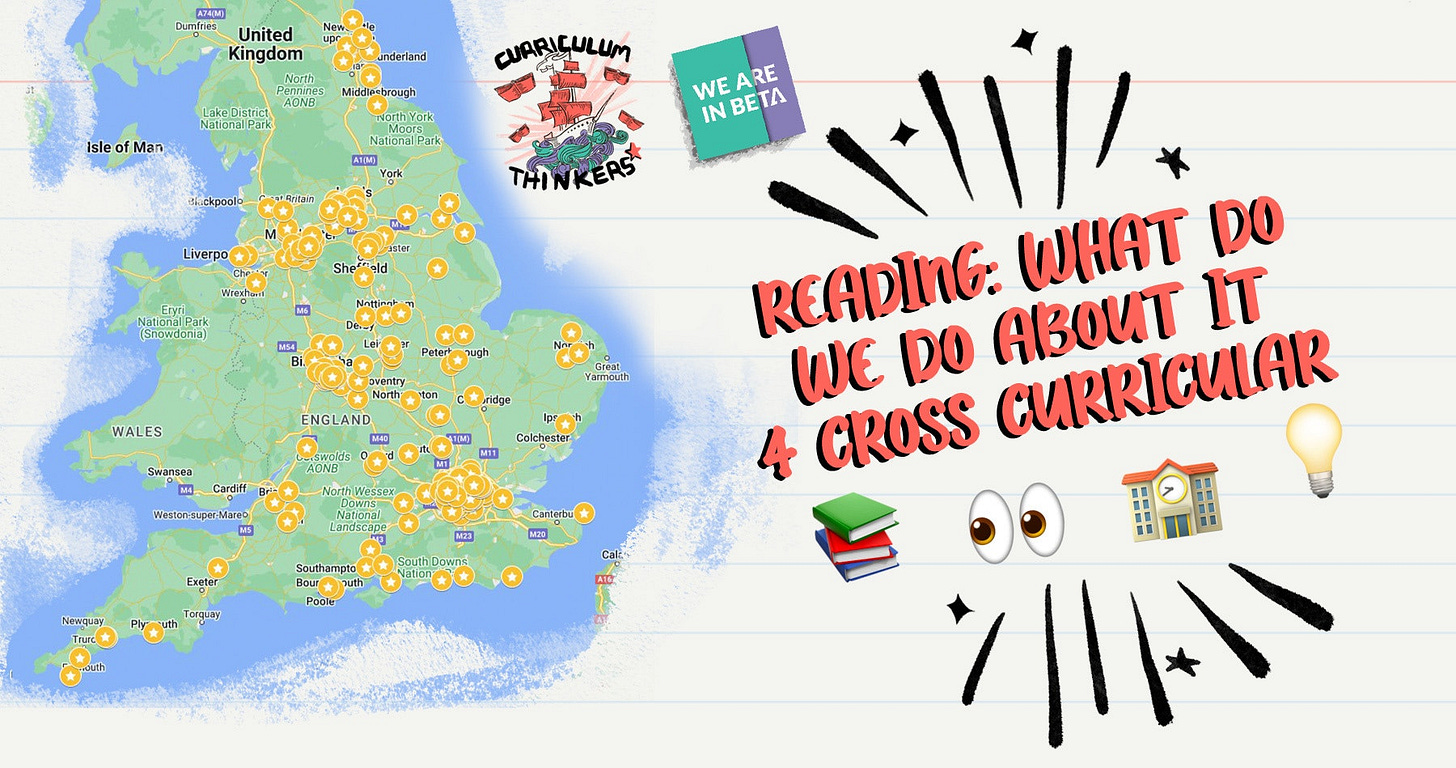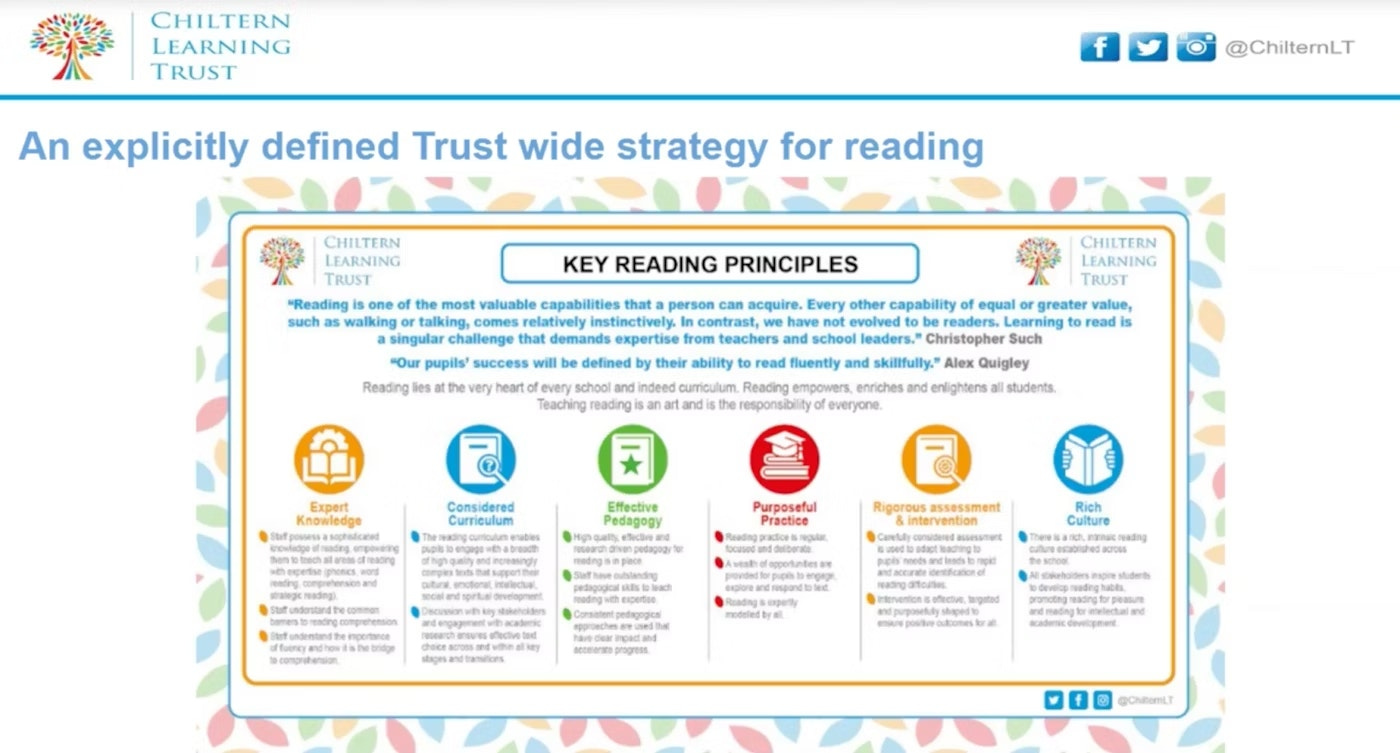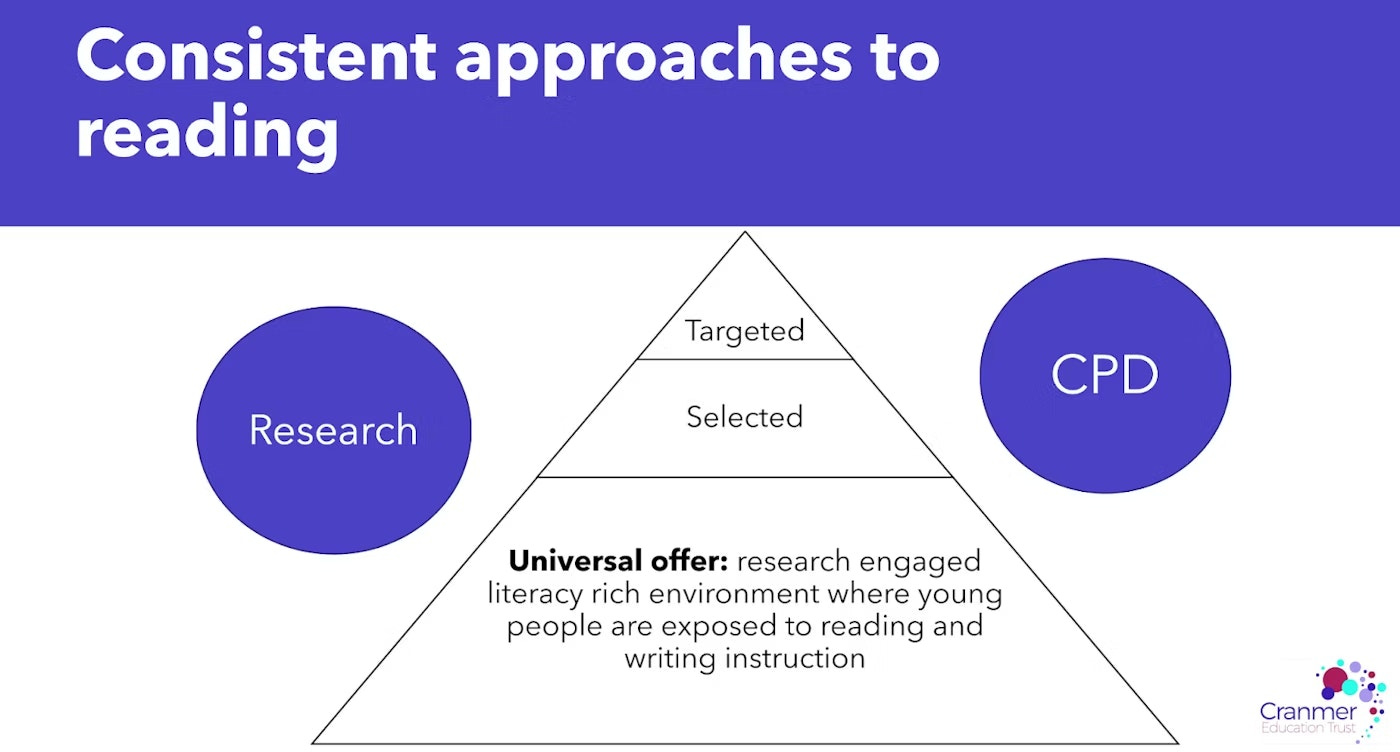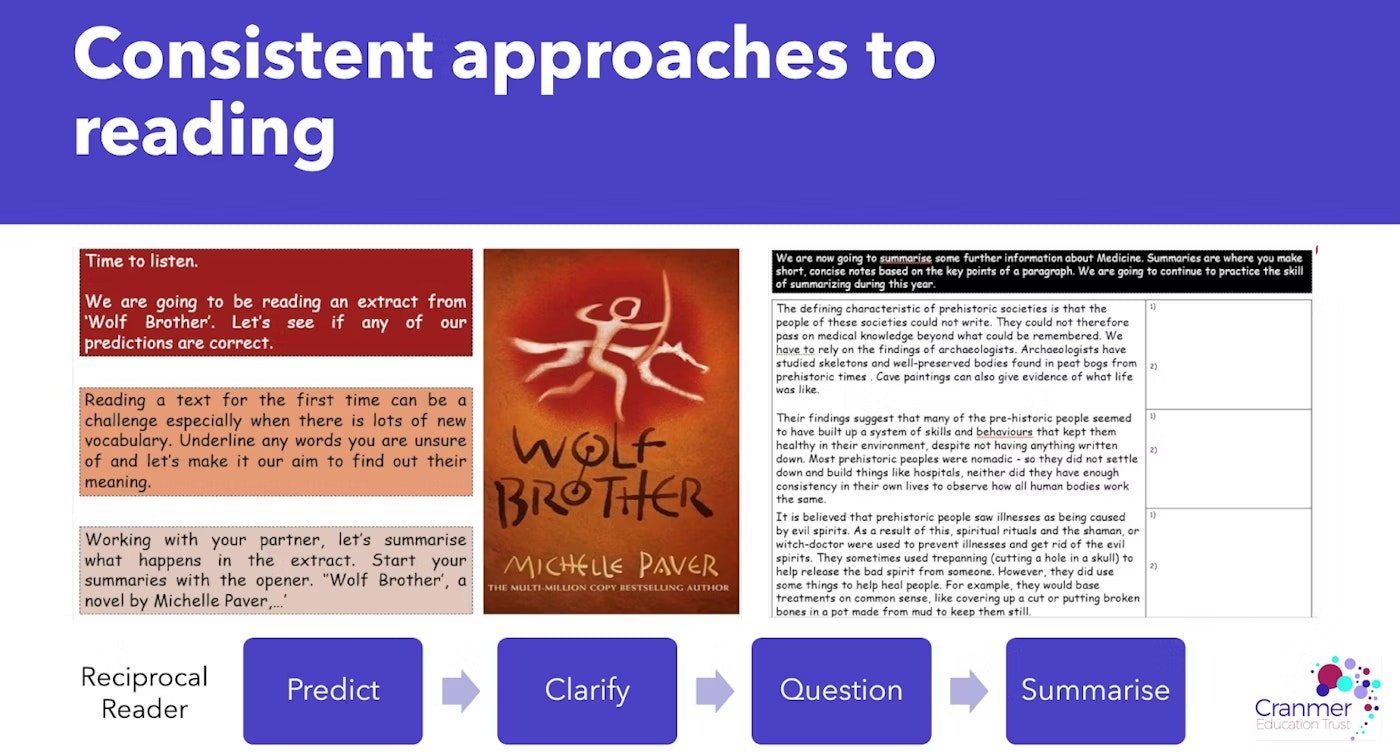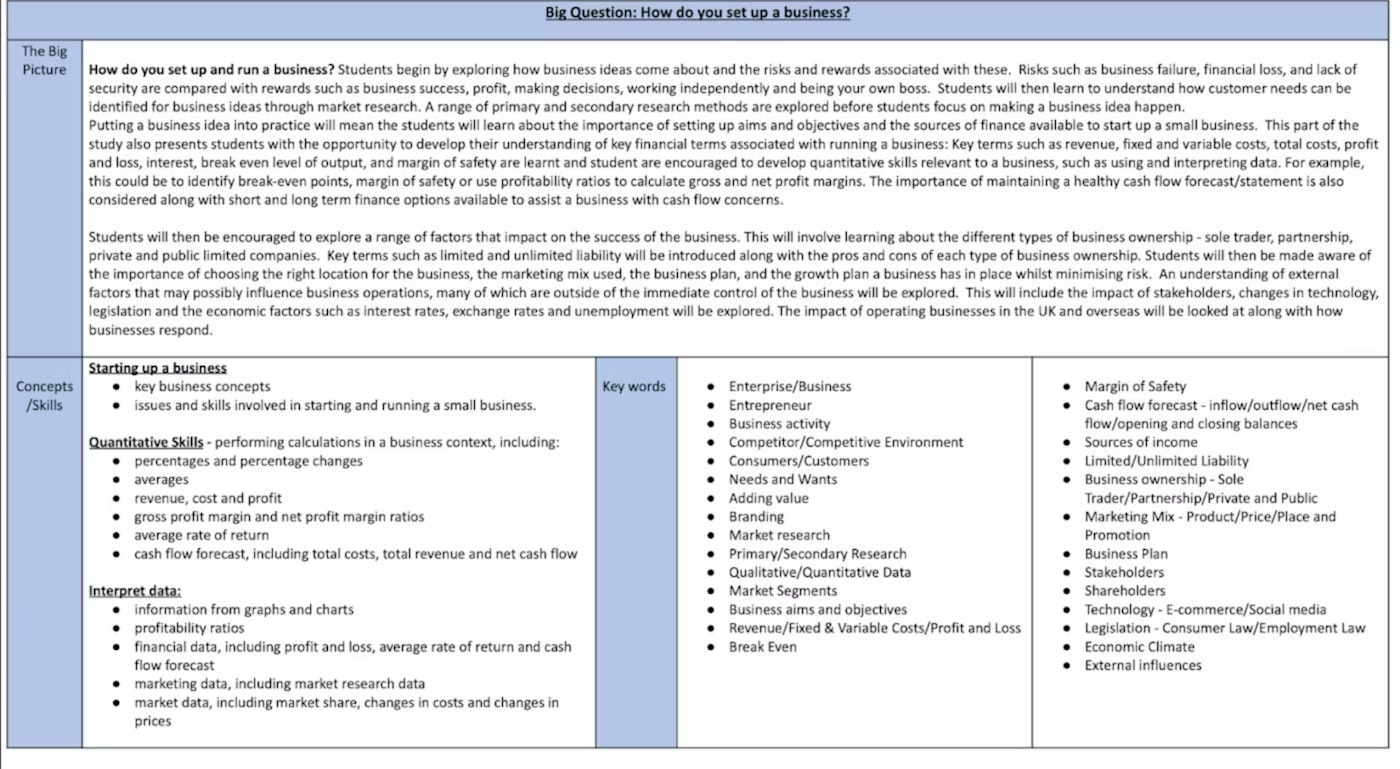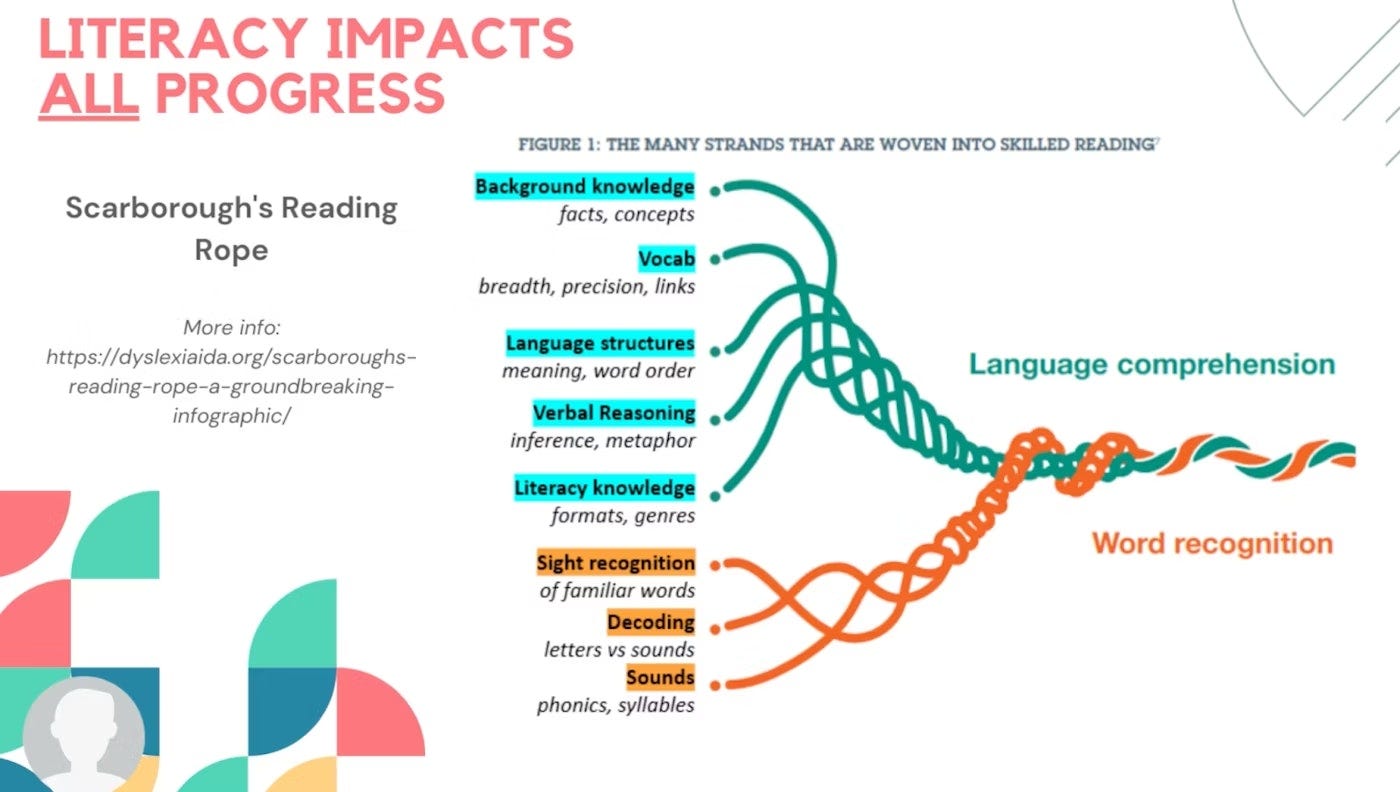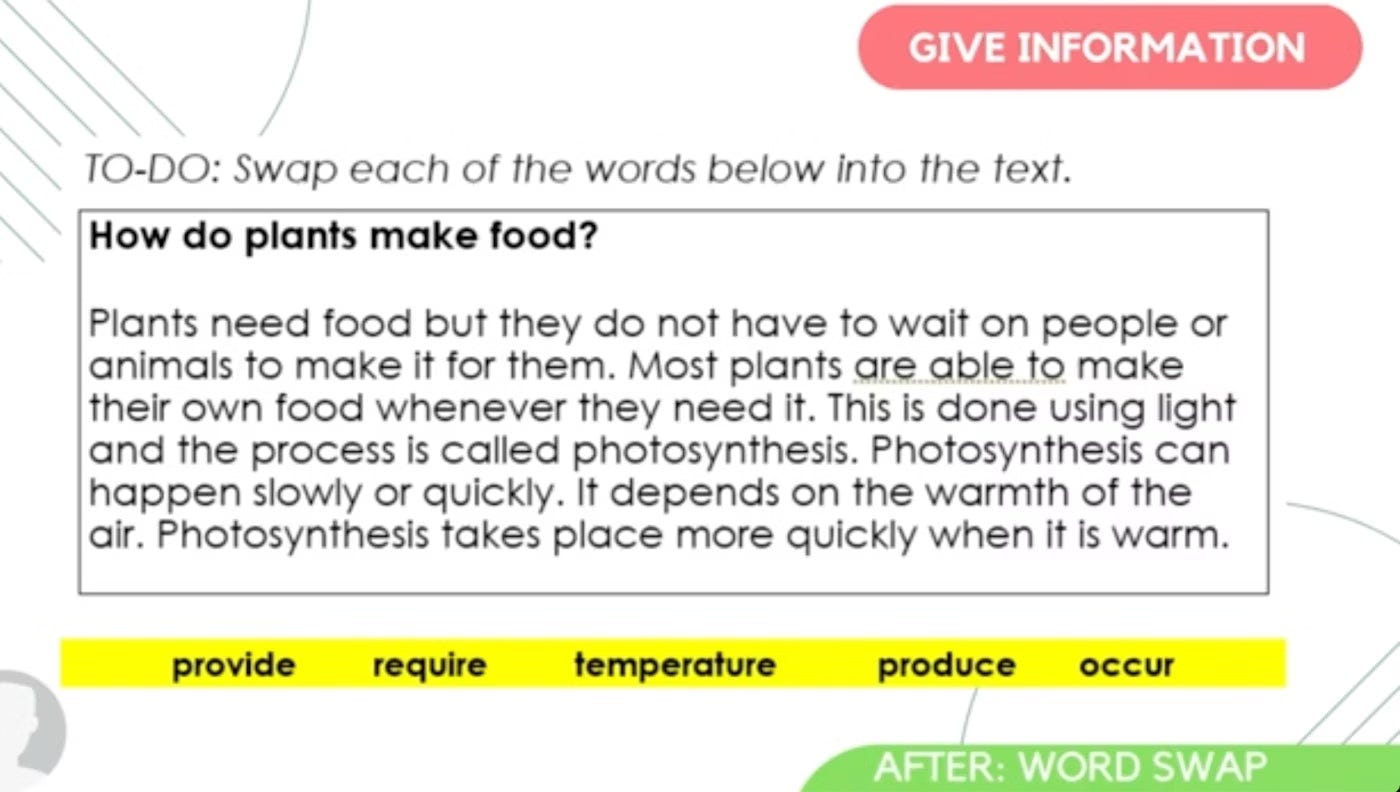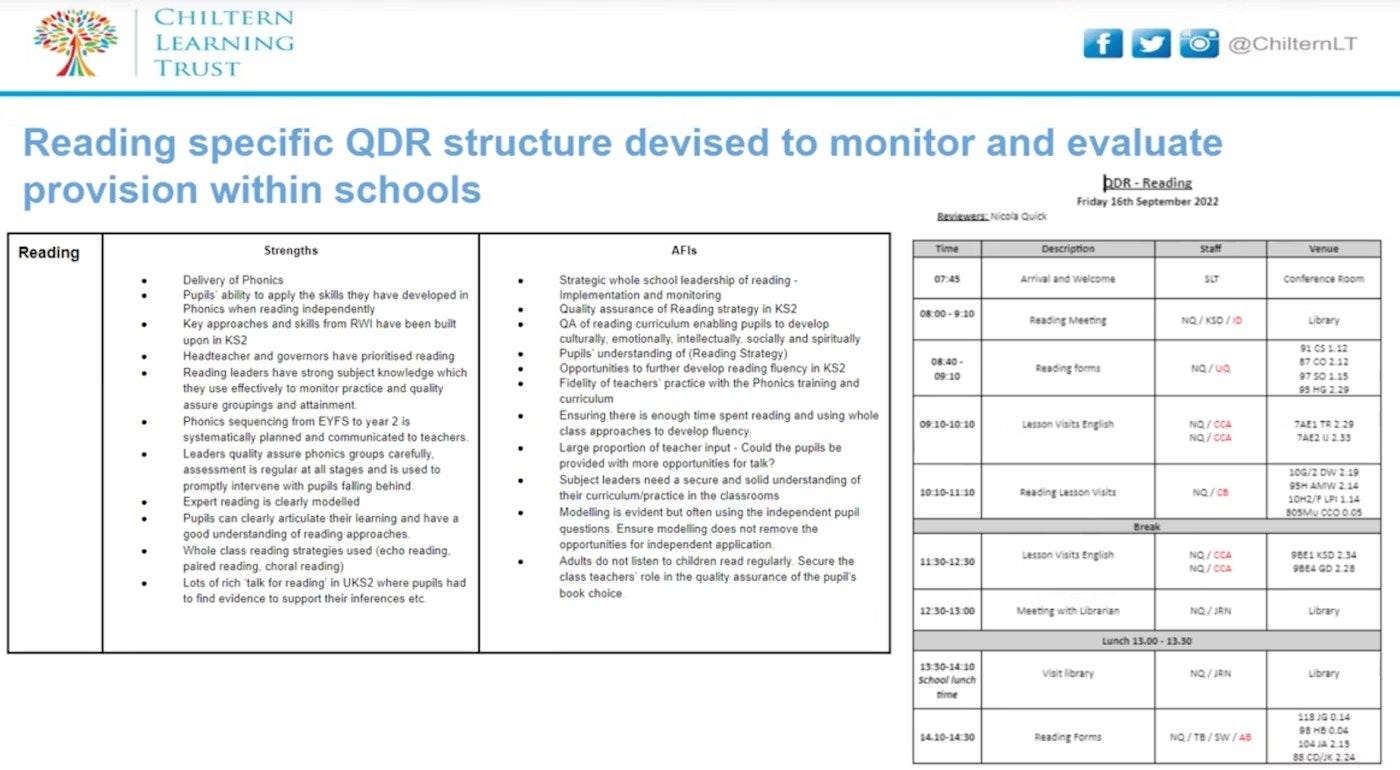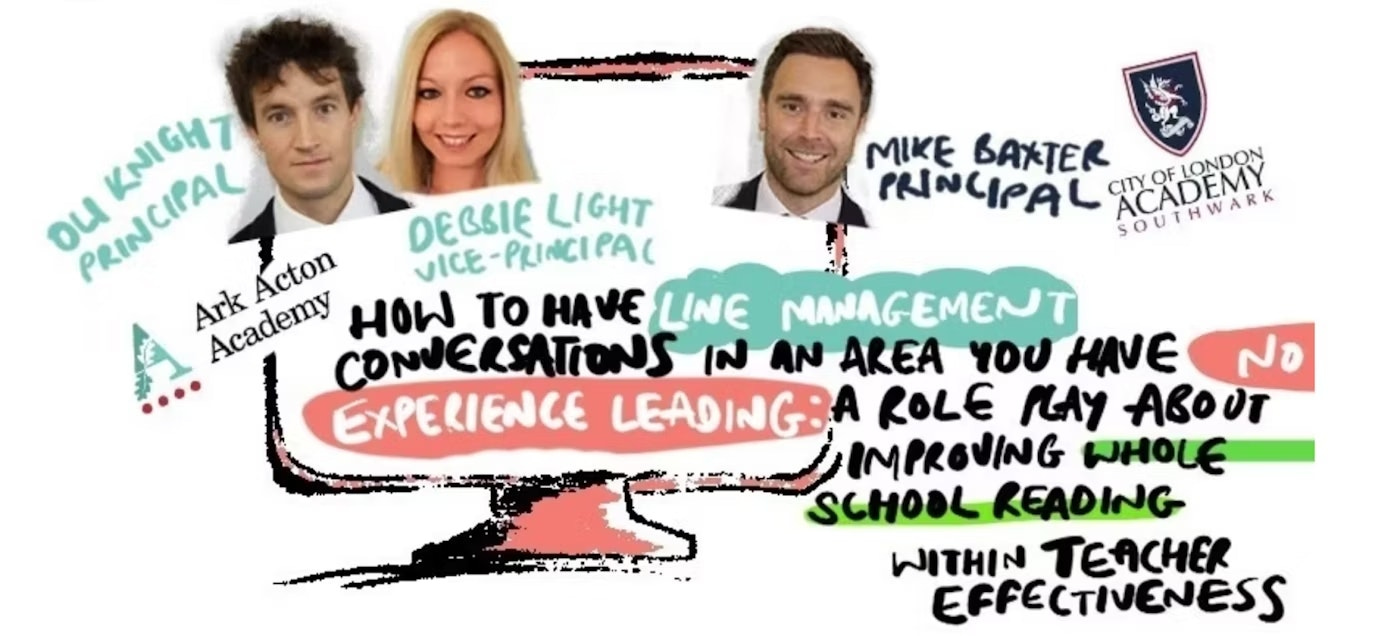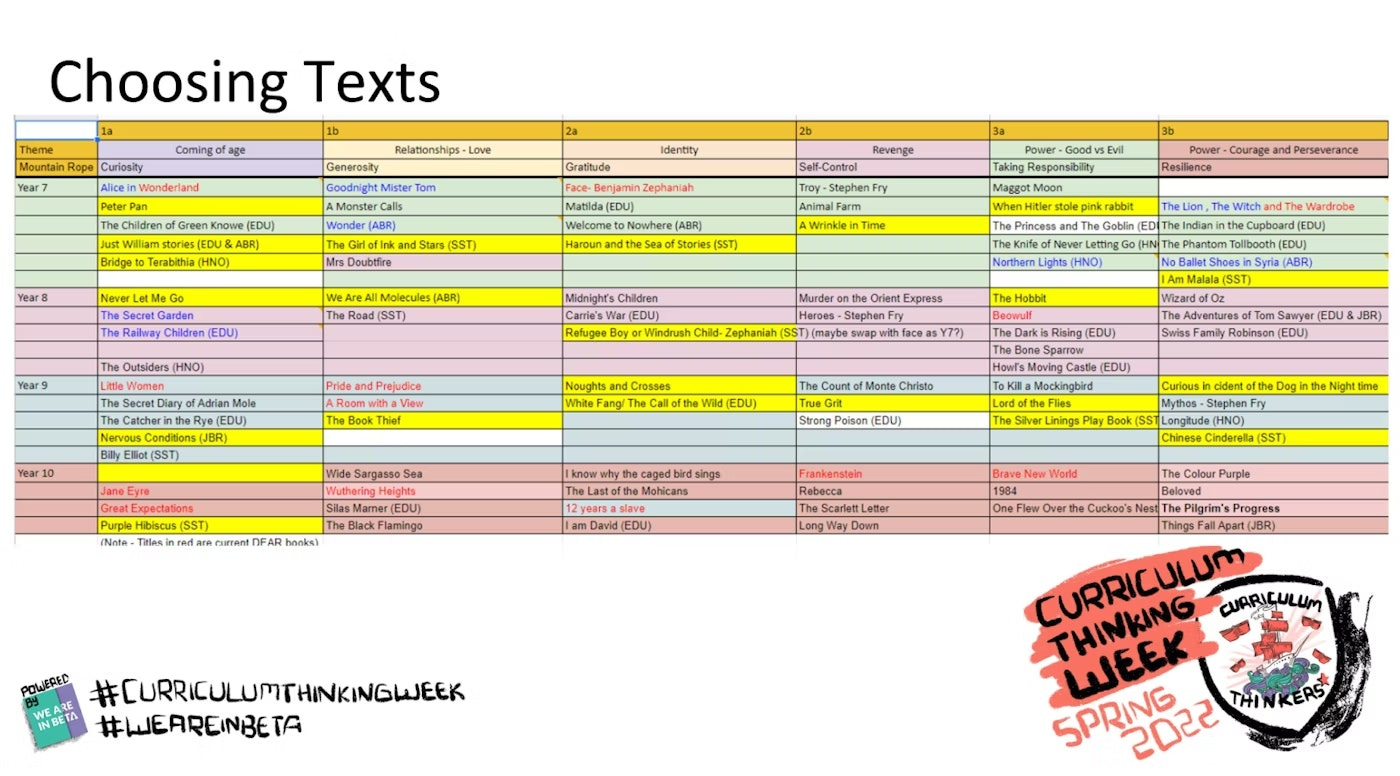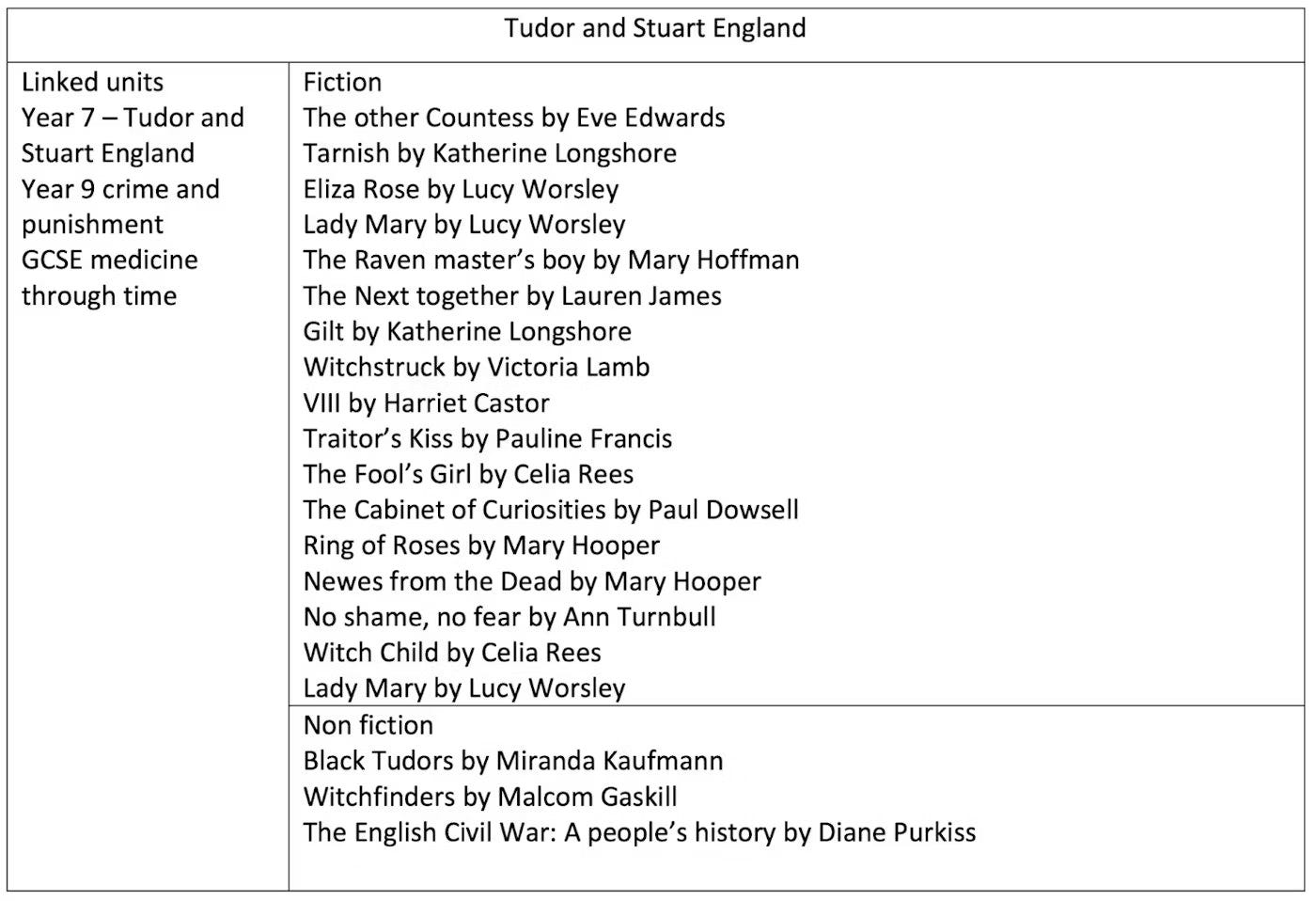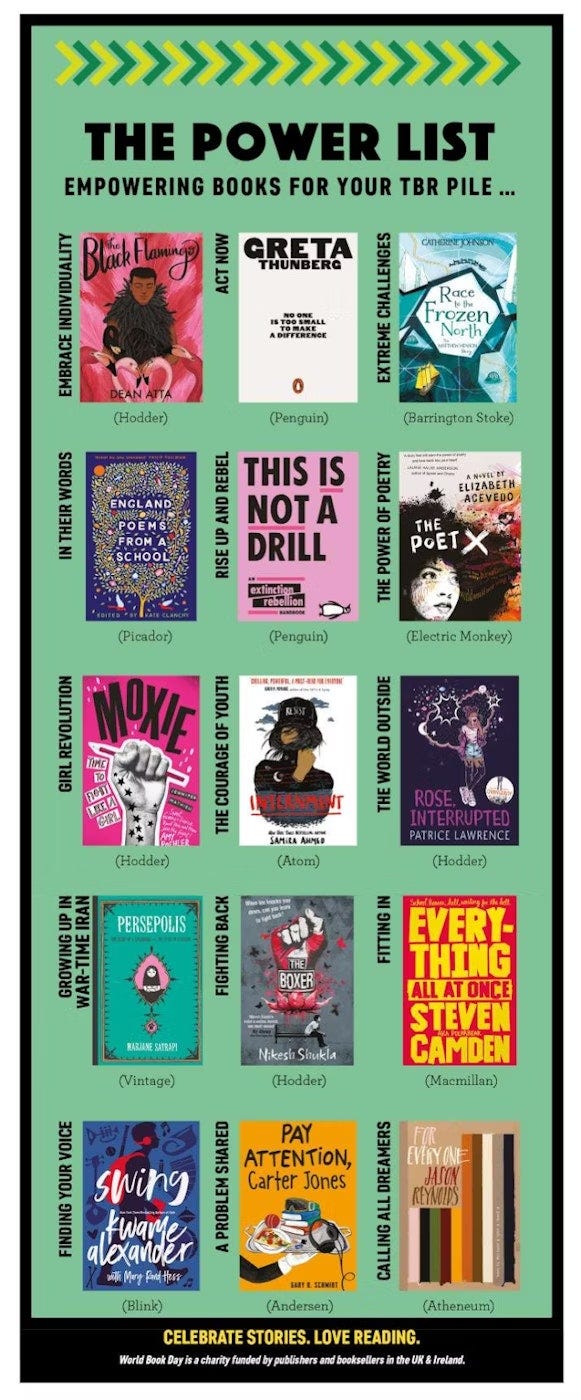This is a guest post by our wonderful Curriculum Thinkers Community member, Louise Ferrier.
If human knowledge and creativity were a universe then reading would be space travel.
Through the window of our rocket we propel ourselves into the stories that we read; we empathise with the experiences on the page and widen our galaxy just that little bit more with each devouring of a book.
We live in the strangest of times. Here on earth we have the knowledge that reading is empowering; stories are threads weaving through the neural cosmos of the brain, linking new knowledge to existing frameworks, strengthening schema by embedding ideas, emotions, and experiences into a vast, interconnected map of understanding.
They give us the ability to gain access to minds, thoughts, perspectives and creativity through recorded history both for our edification and enjoyment, and yet there are presently countries banning access to some books (I saw a wonderful meme the other day stating “never in the history of the world were the people banning books the good guys”) and reading for pleasure among the next generation is plummeting.
The National Literacy Trust reports in their 2024 Annual Literacy Survey of over 75,000 young people aged 8-18 that only 1 in 5 reads daily for pleasure. Unsurprisingly, they also correlate reading attainment with likelihood of reading for pleasure.
So what, as school leaders and reading specialists, is to be done?
Certainly not any form of dumbing down our reading offer: reading enriching, challenging texts that are captivating is imperative.
I’ve been living in hope that the gravitational pull of stories will bring the tiktok generation back from the weightlessness of a 30 second story arc but we cannot leave this to chance.
Schools in the Curriculum Thinkers Community have shared their rich experience of implementing reading strategies.
In this, Part 1 of 3: I share 4 whole school considerations from schools rising to the challenge.
Read on to find out about:
A Consistent Approach to Reading
Disciplinary Reading
Leading the Reading Strategy
Cross Curricular Reading
Christine Counsell, Dan Willingham and Mary Myatt are all well documented as sharing their understanding of the power of story in education from the narrative of our curriculum to the building of schema in the brain, reading stories, making predictions, summarising and clarifying, and asking questions are relevant across the education spectrum.
Reading is not just about getting students to comfortably orbit the literary cosmos, it is also about being able to chart new galaxies. We have a moral imperative to build a generation whose reading gives them the ability to see their world clearly and to express themselves in it.
1. A Consistent Approach to Reading
There are, of course, many forms of reading students encounter at school and all of them contribute to the success of a curriculum. Establishing a consistent approach to reading requires knowledge of the evidence, the pedagogy of reading and a vision to keep everything orbiting around.
At Chiltern Learning Trust, that vision started at the top with CPD delivered in every setting to ensure a collective understanding, for example, of the expected characteristics and behaviours that sit behind a reading age and what appropriate strategies they require. Their ‘Key Reading Principles’ seen below provide the framework of ‘what’ schools do while the setting itself determines ‘how’ these are achieved.
In order to develop each setting’s strategy, quality and development visits produce a set of performance indicators as a result of discussions, learning walks and evidence explored together.
The strategy to achieve consistency at the Brian Clarke CofE Academy is to ensure that staff receive appropriate training to allow them to support reading at both the universal offer and where appropriate at more targeted levels of student need. The use an academic transition skills lesson in Yr7 to explicitly teach skills needed to access the curriculum which also requires all staff to receive training in the delivery of those lessons.
The reading model used at the universal level is the reciprocal reading model where readers develop the skills of predicting, clarifying, questioning and summarising as part of their reading.
Watch the Chiltern Learning Trust, presentation and access the resources here.
Watch the Brian Clarke CofE Academy presentation here.
2. Disciplinary Reading
Reading is an essential part of every subject. To fully engage with a subject’s curriculum, students need disciplinary literacy: the ability to read, interpret, and think critically within that specific field. Every subject incorporates Tier 2 and Tier 3 vocabulary, which requires explicit instruction and modeling. Strategies such as the Frayer Model can help students deepen their understanding of complex terminology. As the EEF highlights:
‘Recognising the nuanced subject specific differences relating to reading, and considering how to contextualise strategy instruction in different subjects, ensures that reading strategies are tightly linked to the development of subject knowledge and skills.’
This knowledge organiser includes Tier 3 vocabulary lists from the business department of Guru Nanak Sikh Academy developing disciplinary literacy:
The Dorcan Academy demonstrates the role of disciplinary reading succinctly in their webinar presenting practical strategies to prepare students to tackle disciplinary reading. They share the 'Scarborough Reading Rope' to exemplify the strands that students need to master to be able to access disciplinary texts:
The webinar also includes multiple subject-specific examples of how literacy can be injected into disciplinary activities; check out a KS3 science example activity before and after it is given a literacy makeover which requires the reading to be much closer:
Watch the full webinar with multiple examples here.
3. Leading the Reading Strategy
Explicit teaching of reading for those who need it, the explicit teaching of vocabulary and the staff training that may require are all important steps explored by the Chiltern Learning Trust whose model for evaluating reading at a whole school/trust level explore having a clear shared language, a clear quality assurance model and actionable development points.
Ark Acton Academy’s webinar demonstrates how leaders, who may not have a specialism in the area of reading acquisition and reading for pleasure, can have the discussion around ensuring the whole school reading strategy is effective. The discussion centres around the implementation of the school’s reading canon in a daily morning reading session, tackling passivity, developing comprehension and the suite of interventions in place to close reading gaps. It is well worth a watch for both the leadership angle as well as the strategy discussed.
Watch the Ark Acton Academy webinar here.
Watch the Chiltern Learning Trust presentation here.
4. Cross-Curricular Reading
All teachers play a crucial role in modeling and explicitly teaching the knowledge and skills required for effective reading across the curriculum. Fundamental to this is understanding that basic text comprehension depends on a student’s fluency in reading. Fluency is achieved when a student reads accurately, develops automaticity in word recognition and pronunciation, and demonstrates prosody—the rhythm, intonation, and emphasis that create flow and convey understanding when reading aloud.
The University of Sussex paper Just Reading (Westbrook et al., 2019) offers compelling evidence that high-quality, well-paced, and engaging reading significantly enhances learners’ reading ability. Simply put, the more students are exposed to reading, the better. But this raises an important question: What should they read?
Many schools now develop a Reading Canon: a carefully curated collection of texts that reflects their values and aspirations for students. A canon not only signals what a school deems important but also provides a structured pathway toward becoming a well-read young adult. As Doug Lemov states in Reading Reconsidered:
“Schools can… establish an ‘internal canon’—a common base of books all students read for shared reference, and these books can be far more diverse and representative than was the canon of yore. Schools can set out to determine locally what books are ‘great’ without being tied to the traditional canon, and thereby read with aspiration and ambition…”
A school’s reading canon is often central to whole-school reading initiatives, such as the one outlined in the Ark Acton Academy webinar, and plays a key role in developing students’ cultural literacy through carefully selected texts such as the example below from The Bedford Free School:
In addition to this the work of WAIB’s Subject Success Research Team last year uncovered that wider reading lists were often published by successful departments encouraging students to read more broadly such as this example from Aylsham High School’s History department which includes a rich offer of fiction:
And this beautiful example of empowering fiction promoted by St Mark's Catholic School, which was featured in: Creating a culture of reading in high performing secondary schools: full analysis, resource bank and case studies.
Next week I’ll be exploring how schools address barriers to curriculum success through reading.
Sent this by a friend? Get free curriculum resources direct to your inbox
💼 Jobs with We Are In Beta community members.
If you want to get your vacancies seen by the 23k school leaders and teachers who receive We Are In Beta newsletters across curriculum, pastoral and more, let us know here and we’ll send more info.
System Leadership
CEO - Ethos Academy Trust (Kirklees) - apply here.
COO - Ethos Academy Trust (Kirklees) - apply here.
Head of Finance - Sherborne Are Schools’ Trust (Dorset) - apply here.
Finance Director -Harris Federation (London) - apply here.
Head of Data and Analytics - Ethos Academy Trust (Kirklees) - apply here.
SCITT Programme Lead TKAT (Kent)- apply here.
Primary Pedagogy Lead - Astrea Academy Trust - (South Yorks, Cambridgeshire) - apply here.
Trust Director of English -Hope Sentamu Learning Trust (North Yorkshire) - apply here.
Trust Lead Spanish - Future Academies (Westminster) - apply here.
Languages Consultant - Harris Federation (London) - apply here.
Senior Leadership
Principal - Mossbourne Port Side Academy (Mossbourne Federation) (Thurrock) - apply here.
Assistant Principal - Colchester Academy (Penrose Academy Trust) (Essex) - apply here.
Assistant Headteacher - Prince Albert High School (Prince Albert Community Trust) (Birmingham) - apply here.
Deputy SENDCo - Gloucester Academy (Greenshaw Learning Trust) (Gloucestershire) - apply here.
Middle Leadership
Second in Humanities - The Brakenhale School (Greenshaw Learning Trust)(Bracknell Forest) - apply here.
Lead Practitioner of Maths - Gloucester Academy (Greenshaw Learning Trust) (Gloucestershire) - apply here.
Key Stage 4 Mathematics Coordinator - Greenshaw High School (Greenshaw Learning Trust) (Sutton) - apply here.
Subject Team Leader Media Studies - Harris Academy Ockendon (Harris Federation (Thurrock) - apply here.
Lead Practitioner of Music - Harris Academy Ockendon (Harris Federation (Thurrock) - apply here.
Head of PE - The Brakenhale School (Greenshaw Learning Trust) (Bracknell Forest) - apply here.
Key Stage 3 Religious Studies - Coordinator Greenshaw High School (Greenshaw Learning Trust) (Sutton) - apply here.
Lead Practitioner Science - The Brakenhale School (Greenshaw Learning Trust) (Bracknell Forest) - apply here.
Key Stage 3 Science Coordinator - Greenshaw High School (Greenshaw Learning Trust) (Sutton) - apply here.
Director of Social and Health Science - Stoke Damerel Community College (Greenshaw Learning Trust) (Plymouth) - apply here.
Head of Technology (Food & D&T) - Norton College -Arete Learning Trust (North Yorkshire) - apply here.
Alternative Provision Manager - Rayner Stephens High School (Stamford Park Trust) (Tameside) - apply here.
Head of House- Rayner Stephens High School (Stamford Park Trust) (Tameside) - apply here.
Teaching
Art - Uxbridge High School (Hillingdon) - apply here.
Business & Economics - Uxbridge High School (Hillingdon) - apply here.
DT (Food & DT)- Norton College (Arete Learning Trust) (North Yorkshire) - apply here.
History - Colchester Academy (Penrose Academy Trust) (Essex) - apply here.
Science - Uxbridge High School (Hillingdon) - apply here.
Support roles
Talent Acquisition Specialist - Futura Learning Partnership (Bath and North East Somerset)- apply here.
HR Admin - Challney High School for Girls (Chiltern Learning Trust) Luton - apply here.
Data Officer -Consortium Academy Trust (East Riding of Yorkshire) - apply here.
Data Manager - Meridian Trust (Cambridgeshire) - apply here.
Sent with ❤️ from the Curriculum Thinkers Team at We Are In Beta




